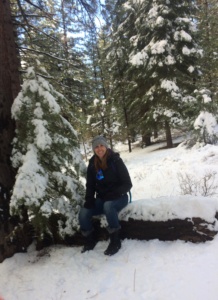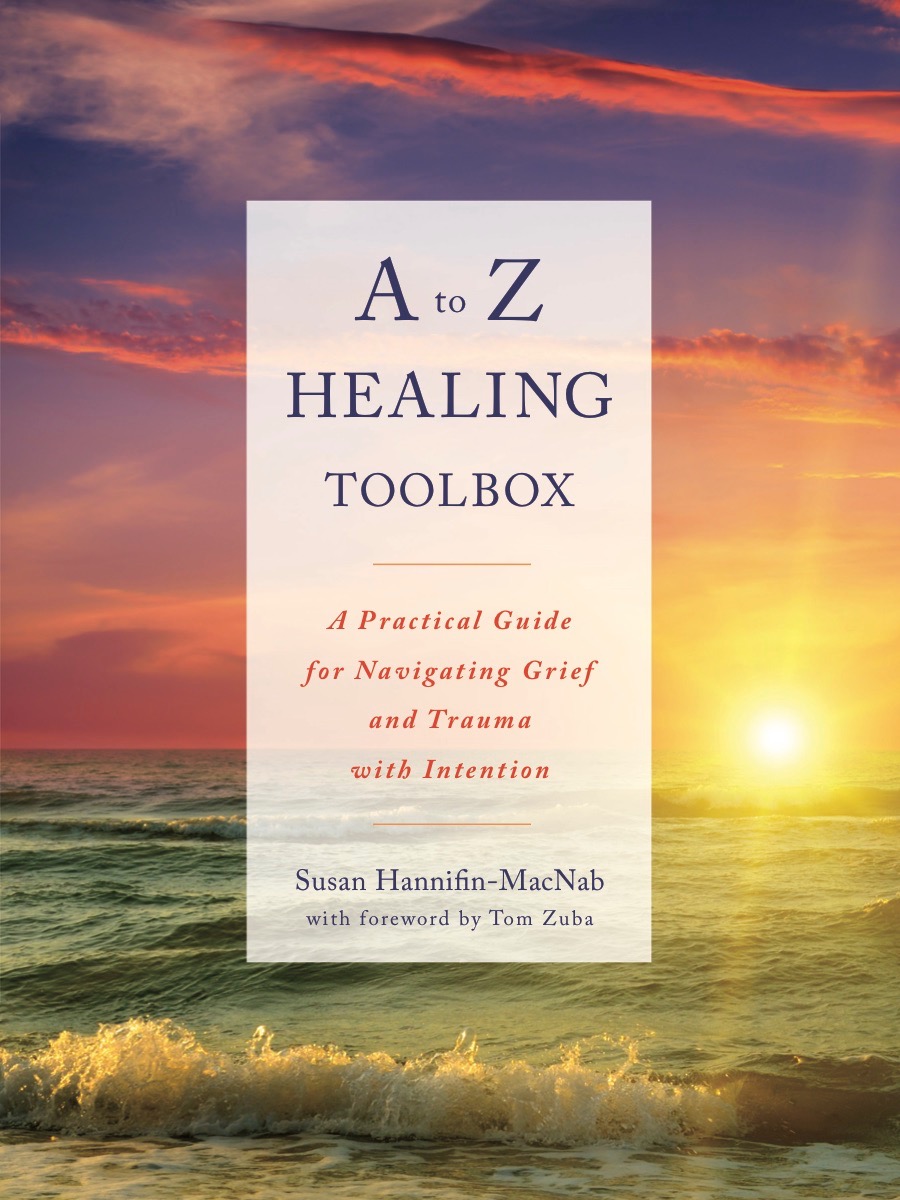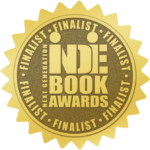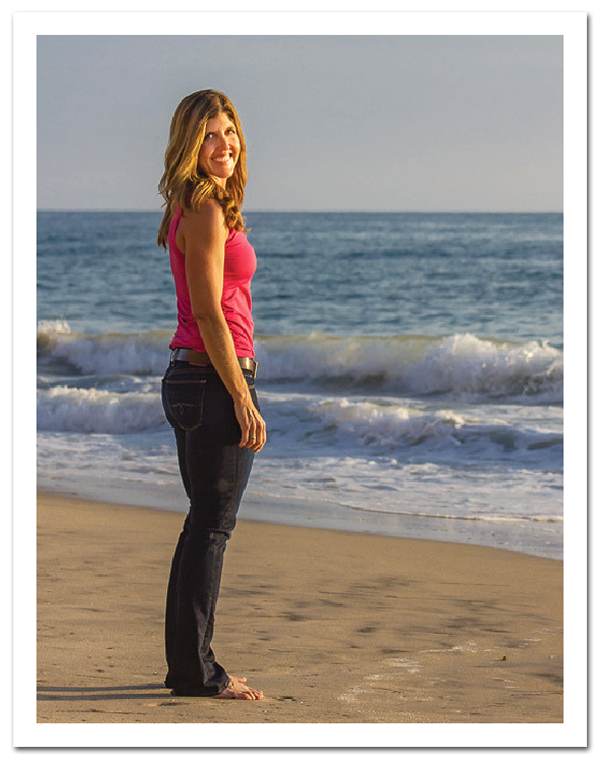Happy Thanksgiving, Everyone!

Now. That being said, I must admit that Thanksgiving has never been my favorite day to celebrate. First of all, I did not inherit the cooking gene from my mother, so the thought of making a massive meal has always stressed me out. Secondly, I have always been more of a “grazer”, eating small portions of food throughout the day, so gorging on one massive meal always sends my stomach into overdrive. Thirdly, this was Brent’s favorite holiday (the man would eat turkey & pumpkin pie all day long) and since he is not here physically to celebrate the day with us, Thanksgiving Day has a tendency to make me feel sad and lethargic.
Which is why MERRY WOODRUFF is here to save the holiday and start bumping up my (our) happy quotient!
Merry is a colleague of mine here in San Diego. She has moved through many personal losses of her own and now happens to be an Certified Life & Wellness Coach, Certified Science of Happiness Trainer and Teacher of Mindfulness-Based Stress Reduction & Mindful Self-Compassion. She is the perfect person to give us some tips & tricks & websites & psychology & hope on how and why being thankful, practicing gratitude & examining our positives will help us heal this holiday season.
Here is Merry’s article for the A2Z Healing Toolbox Community…
Thanks, Merry! I am grateful for you. 🙂
Love, Susan

+ + + + + + +
Gratitude to Grow Your Resilience
Heading into the holiday season can be difficult for those who have experienced loss. While others around us might be singing merrily, we tend to focus on what we are missing in our lives. This focus can lead into a downward spiral, where we can find ourselves lost or searching. To counteract this downward movement, one thing we can do for ourselves is to consciously cultivate positive emotions in our lives, such as compassion and gratitude. Such positive emotions can lift us up as we feel the effects of our loss, and remind us that there is some goodness left in the world, if we dare look up and notice.
Studies show positive emotions open our perspective, allowing us to recognize the support we may receive from others, and more importantly, from ourselves. And with the holidays around the corner, the rest of this article focuses on cultivating gratitude.

What is Gratitude
What do we mean by gratitude? The word itself is derived from the Latin word gratia, equaling grace or graciousness. Dr. Robert Emmons, of the University of California at Davis and the Greater Good Science Center who conducts research on gratitude, suggests that it is the feeling we experience when we affirm goodness in the world, recognizing benefits we have received from others which may have cost them some type of resource (money, time, opportunity, etc…). From this viewpoint, we are reminded of our humility, our place in the world, and that we are connected by something greater than ourselves. Additionally, in my experience, it’s not just about the external connection, but the inner connection as well- for it can also allow us to recognize goodness WITHIN ourselves.
Why Gratitude is Important
Studies show that gratitude can energize, heal and transform. We know that cultivating gratitude can lead to increases in physical health by affecting our sleep quality and motivation for self-care. Gratitude enhances psychological well-being and resilience as it is associated with decreases in depression and anxiety, and increases in happiness and life satisfaction. Lastly, gratitude strengthens our social connections, as we recognize and acknowledge those who sacrificed for us. Perhaps it also motivates us to pay it forward as altruistic and generous behavior grows. Gratitude keeps the cycle going, and is the gift that keeps on giving.

How to Practice Gratitude
How can you bring gratitude into your life besides saying “Thank You” when someone opens a door for you or offers you a compliment, or sending a traditional, but thoughtful “Thank You” card when you receive a gift? You can also CHOOSE with INTENTION to look for goodness in the world, and explore 3 of the practices below:
GRATITUDE PRACTICE #1- 5 Things Practice
Start off by listing 5 things for which you are grateful every evening before you go to bed. Ending the day on a positive note allows you to see where kindness or compassion has entered your day. It also allows us the ability to prime our brains to begin to look for more “good things’ the next day. Once we get into the practice of looking for the good, we begin to engrain it into our lifestyle filter.
You can amend the 5 Things practice by going one step further and explore the 5/5/5 Gratitude Practice: listing 5 people for which you are grateful, 5 places or things for which you are grateful and 5 aspects of yourself (strengths perhaps) for which you are grateful. This slant on the exercise allows us to see there is goodness in people and our environment, but also within ourselves- which increases our resilience.
GRATITUDE PRACTICE #2- Gratitude Journal
Another heavy hitting practice to cultivate gratitude is by writing in a journal. Journaling has tremendous value in healing as it allows us to express our story in concrete language, delving into details. It also allows us to look closely at one “good” thing each day: see it for what it is, who was involved, what my role was, and perhaps show me how I had an influence on making this happen. This practice can bring me more agency in life, knowing I can cultivate this feeling again.
Another take on Gratitude Journaling is Gratitude Photo-journaling: Taking pictures of those people, places and things for which we are grateful. If a picture can say 1000 words, what might come across in a week’s worth of pictures, especially if it captures things we consider beautiful, worth remembering, and remind us of our blessings? By journaling, either in writing or photography, we can go back and read or look at the focus of our gratitude again and again, revisit and savor, and continue to build up our resilience.
GRATITUDE PRACTICE #3- Going Back to Your Senses
Sometimes, it’s hard to see good when you’ve been overwhelmed with sadness or other negative emotions. Using our bodies, we can cultivate gratitude by coming to our senses and experiencing the life that is in front of us– in the sounds that we hear, sights that we see, and things that we touch or smell or taste. Brother David Steindl-Rast is known for saying, “Today I opened two gifts. They were my eyes.” Take a look at his inspiring video, entitled “A Good Day,” about what each new day may bring if we just open our eyes: at http://gratefulness.org/resource/a-good-day/.
Another way to go back to our senses is by taking a savoring walk in nature, and slow down enough to notice the details around you. Looking at a flower, what do we see? The shape, the color? We may notice the smell and texture as well. But what about the gradients? What about the way that the edges may be a different color than the middle? Or what about the bee that comes over to pollinate the flower… and share its sweetness? Using our senses to savor nature and life around us can lead us to a tremendous amount of gratitude.

Other Gratitude Resources
There are more gratitude resources out there to help cultivate gratitude, from websites, to books, to electronic apps. Below are the resources I would recommend, as a professional Gratitude Facilitator, which include:
Websites:
The Greater Good Science Center
http://greatergood.berkeley.edu
The Greater Good Science Center Is a store house of information and research on concepts that contribute to the Science of a Meaningful Life, such as Gratitude, Altruism, Mindfulness, Compassion, Happiness and more. This is a great resource with videos and many perspectives on gratitude.
The Greater Good in Action
http://ggia.berkeley.edu
This is the store house of practices from the Greater Good, with a searchable database to find evidence-based activities that can help cultivate a variety of positive emotions.
The Network for Grateful Living
http://www.Gratefulness.org
This site has a spiritual component as it reminds us to look at what is present in our lives, from the smallest of things to the largest blessings, “taking nothing for granted.” This site focuses our attention on life as a gift. This is another great resource with online exercises and tools as well.
Books:
Gratitude Works!: A 21-day Program for Creating Emotional Prosperity
By Robert Emmons
In this book, Researcher Robert Emmons, lays out a 21-day plan to cultivate more gratitude in your life. He offers 7 activities to practice during the duration of a week, and then encourages you to repeat those activities for 2 more weeks. The practices are very doable and effective.
Buddha’s Brain
by Rick Hanson and Richard Mendius.
This book combines psychology, neurology, and contemplative practices, and encourages exercises to hone skills for everyday use to rewire your brain for greater well-being. “Taking in the Good” is a practice that can help grow gratitude inside of yourself.

Apps:
Gratitude Journal – Get Gratitude
This is an electronic version of the Gratitude Journaling practice noted above. Again, the thinking is once we start to record the good things in life, as we see them and reflect on them, we are priming our brain to notice them more as we go about our days.
Buddha’s Brain – This is an application based on the book, Buddha’s Brain, by Rick Hanson and Richard Mendius. It takes you through the sections of the book and has interactive versions of exercises.
Get Started NOW
As we say in the world of mindfulness, “There is no time like the present.” Get started today, and begin to rebuild your inner resources at a time that you need it most. It may feel awkward at first, bringing attention to something good when you are feeling lousy and perhaps alone, but in time you will notice that it does make a difference. It will not reverse your loss, but it will bring you back to your present life, reminding you life does go on and can still hold some blessings.

Merry Woodruff
Associate Certified Coach (ACC),
International Coach Federation
Certified Life & Wellness Coach, Mentor Coach
Certified Science of Happiness Trainer
Teacher of Mindfulness-based Stress Reduction & Mindful Self-Compassion www.beingmerry.com
merry@beingmerry.com
858.705.8323





